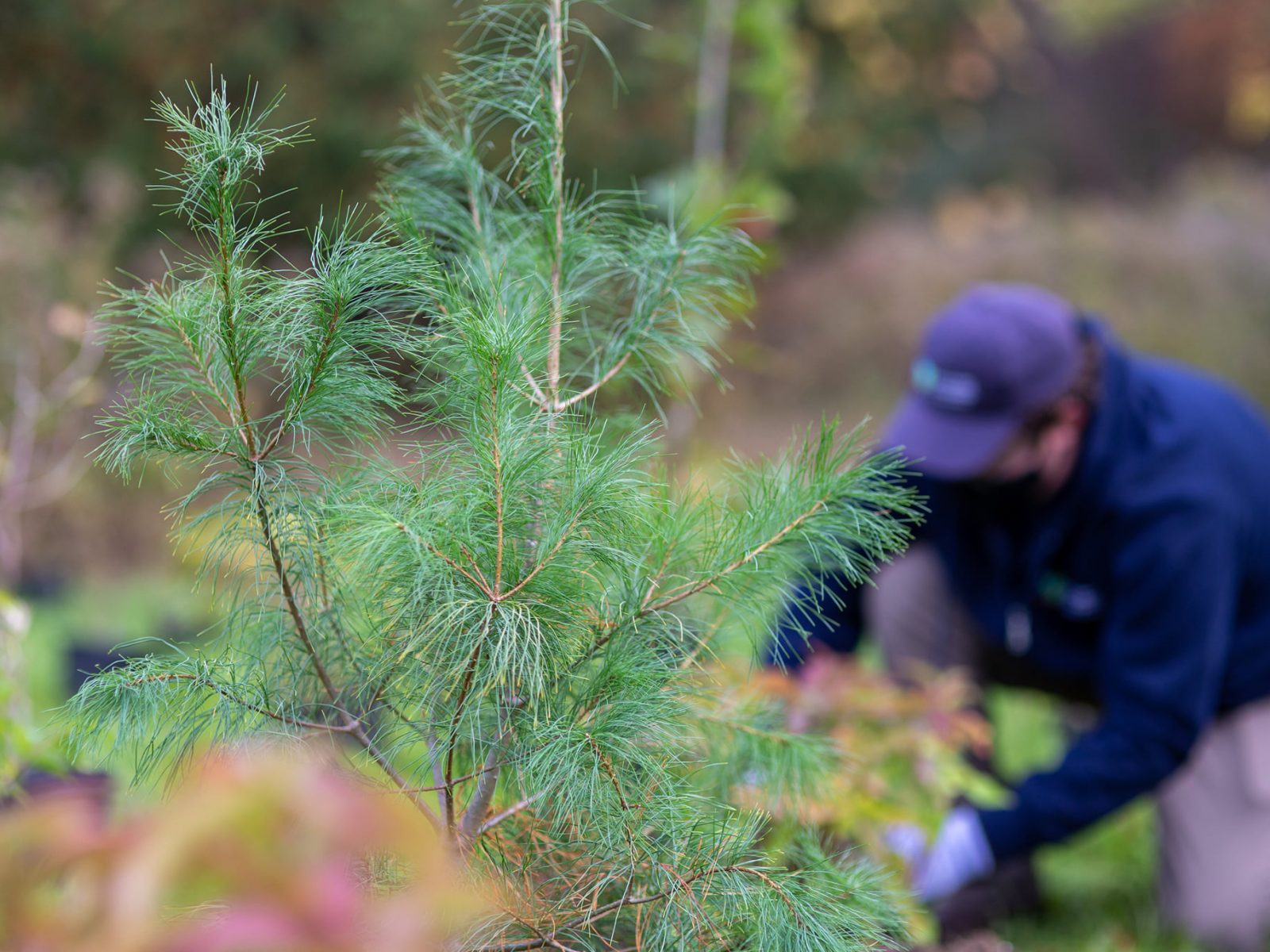Biodiversity
Humans are part of nature. Nature provides the essential elements, such as water, food, oxygen, and energy, to sustain all life on the planet. All species are inter-connected with each other in the ecosystems. Each species has a unique role in supporting other species. The more abundant and diverse the species are, the healthier the ecosystems are. Therefore, the health of our planet, which directly impacts humans’ well-being, will depend on our efforts on protecting and enhancing biodiversity.
According to the UN Report of Global Assessment on Biodiversity and Ecosystem Services released in May 2019, the most comprehensive of its kind, about one million plant and animal species are now threatened with extinction within decades. The report has identified the five main threats to species extinction, including (1) changes in land and sea use; (2) direct exploitation of organisms; (3) climate change; (4) pollution; and (5) invasive alien species. It is undeniable that all these threats are caused by human activity. The rapid decline of biodiversity can be reversed through concerted local and global actions. We as humans need to reduce our ecological footprint to leave space for other species to strive so we can all flourish together.
At Sheridan, we protect and enhance biodiversity through the following areas:
- Ensure wetlands, natural watercourses, floodplains, woodlands and forestry tracts, as well as notable landmarks are preserved for future generations.
- Improve the connectivity of natural features within campuses to enhance the natural heritage system.
- Protect and enhance existing green space by removing invasive species and planting native, diverse species of trees and other vegetation.
- Ensure natural features and green spaces are fundamental components of Sheridan campuses, particularly within and among new developments and redevelopments.
- Engage our community by providing planting and garden stewardship events.
- Provide education workshops and resources, such as Pollinators 101, an infographic fact sheet on native species.
The following projects featured some of the work we have done on protecting and enhancing biodiversity on campus:
- Medicine Wheel Garden Project
- Wildflower and Pollinator Protection and Enhancement Program
- Phragmites removal
- Tree Re-Planting Project






Follow Us!